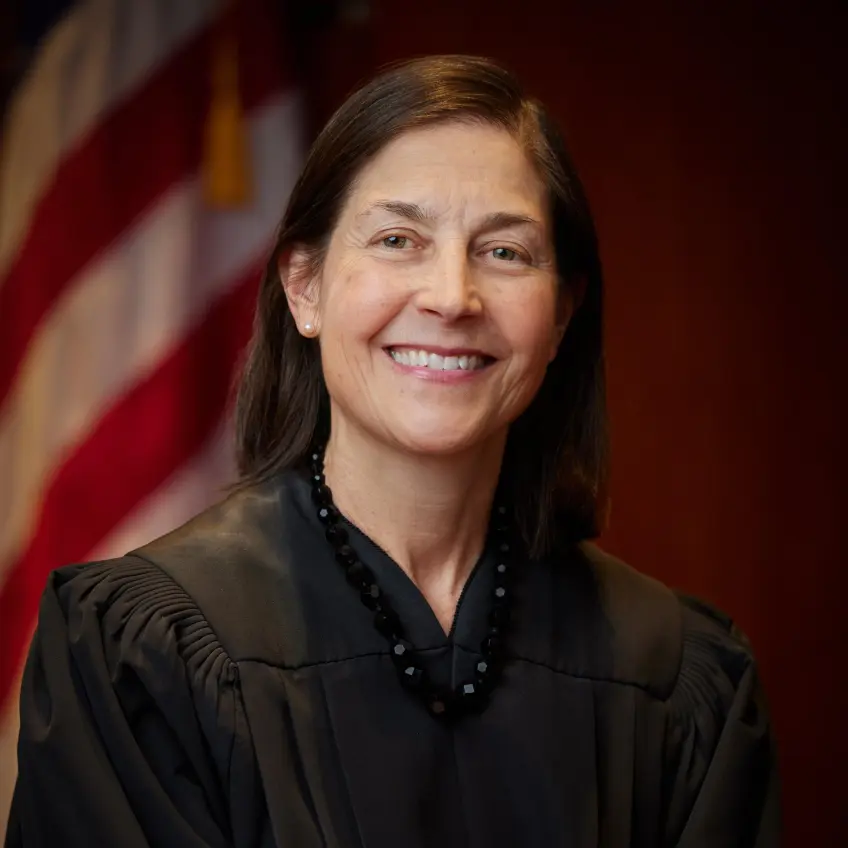Judge Blocks White House Plan To Deploy Guards Across Cities
A federal judge on November 20 temporarily halted the administration's effort to send National Guard troops to Washington, D.C., and to authorize similar deployments to U.S. cities without local consent, citing legal and jurisdictional concerns. The ruling raises urgent questions about federal authority, local sovereignty, public safety, and the potential effects on communities already strained by policing and health inequities.

A federal judge on November 20 issued a temporary injunction that halted the Trump administration's move to deploy National Guard forces to Washington, D.C., and to expand the authority for Guard deployments to other U.S. cities without the consent of local officials. The decision, based on legal and jurisdictional concerns, interrupted plans that had stirred immediate controversy among municipal leaders, White House officials and legal analysts.
The order stops short of a final ruling, but it injects uncertainty into a dispute over the limits of federal power and the role of military trained forces in domestic law enforcement operations. Court filings and the judge's reasoning focused on questions about statutory authority, the Posse Comitatus line between federal military action and civilian policing, and the complex interplay between state controlled National Guard units and federal command structures.
Mayors and city officials had rapidly mobilized opposition, arguing that unilateral federal deployments risk undermining local democratic control and harm community trust in public safety institutions. Advocates for municipal autonomy warned that the prospect of federal forces operating without local consent could exacerbate already fraught relationships between residents and law enforcement, particularly in neighborhoods that have experienced over policing or contested protest responses in recent years.
Public health experts and community health leaders cautioned that the deployment of National Guard units into civic spaces can have ripple effects beyond policing. The visible presence of uniformed troops can heighten stress and anxiety in communities, disrupt access to essential services, and complicate public health outreach efforts. For populations already facing disparities in mental health care and medical access, the introduction of militarized forces may deepen mistrust and deter people from seeking help or participating in public health programs.
The legal fight is expected to continue, with appeals likely and further litigation to clarify the boundaries of executive authority. White House officials signaled disappointment at the ruling and indicated potential next steps in court, while municipal leaders welcomed the pause as an opportunity to press for a clearer statutory framework that protects local prerogatives and civil liberties.
Beyond the immediate courtroom contest, the case has wider policy implications. It spotlights the tension between federal attempts to assert control over national security and public order matters and longstanding principles of federalism that vest primary responsibility for policing with states and localities. The outcome could set a precedent for how future administrations deploy federal resources in response to civil unrest, natural disasters and public health emergencies.
For communities on the front lines, the dispute is not abstract. Residents and service providers will be watching how courts balance constitutional and statutory constraints against claims of national interest, mindful that enforcement strategies shape everyday safety, health and equity outcomes. Lawmakers and advocates say the episode underscores the need for clearer laws and safeguards to ensure that responses to crises protect civil rights, preserve local governance and reduce harm to vulnerable populations.


